George Ototo, the former Managing Director of the Kenya Union of Savings and Credit Cooperatives (KUSCCO), is at the center of a massive scandal that has shaken the financial stability of millions of Kenyans.
The scandal involves the loss of billions of shillings, putting the future of KUSCCO and the trust placed in SACCOs in jeopardy. His actions have raised serious questions about the integrity of the cooperative sector and the effectiveness of financial oversight in Kenya.
A forensic audit conducted by PricewaterhouseCoopers (PwC) has exposed how KUSCCO lost a staggering Ksh 13.3 billion due to fraudulent activities. These include falsified financial statements, unauthorized withdrawals, and large-scale embezzlement by top executives, including Ototo.
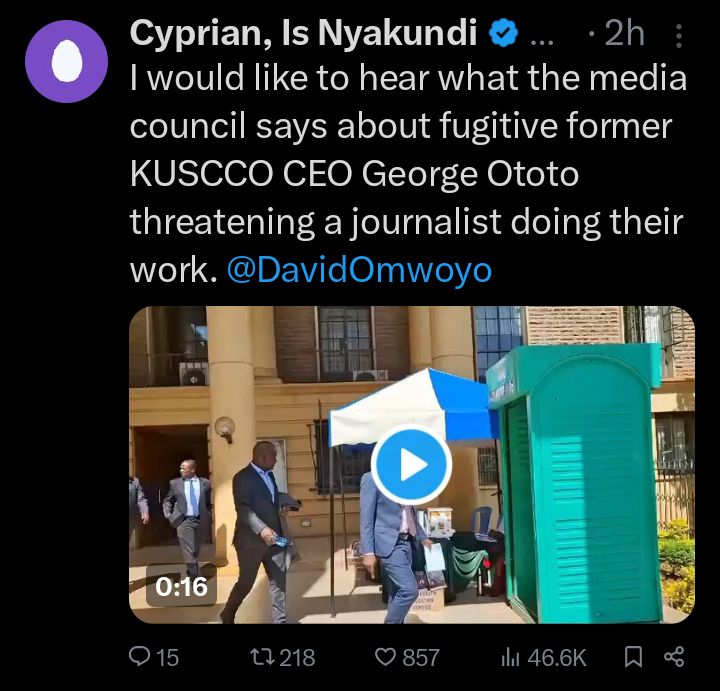
The organization is now facing insolvency, with a deficit of Ksh 12.5 billion, leaving Ksh 24.8 billion in deposits from 247 SACCOs vulnerable to loss. The scale of the theft has left many in disbelief, especially those who rely on SACCOs for their financial security.
One of the most alarming aspects of the scandal is the forgery of the signature of Alfred Basweti, a deceased auditor from Omenye and Associates, which appeared on KUSCCO’s 2022 financial statements.
This fraudulent act was part of a broader effort to manipulate the organization’s financial records, making it appear as though KUSCCO was profitable while it was actually drowning in debt. This deception was crucial in allowing the theft to continue undetected for a long period.
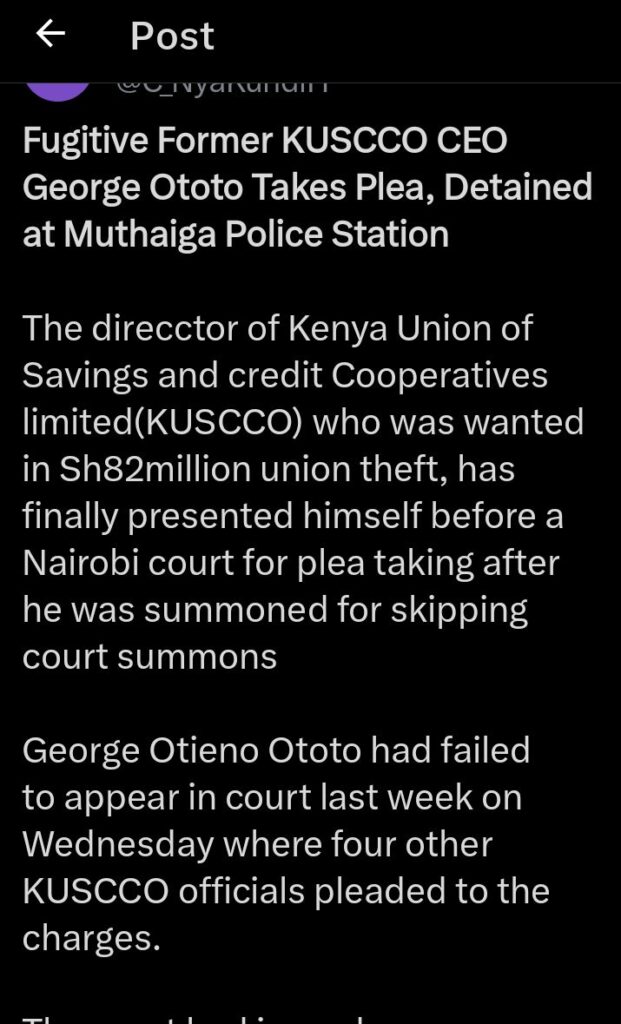
Ototo, together with other senior officials like Finance Manager George Owino and Chairman George Magutu, is alleged to have masterminded the financial mismanagement. They are accused of manipulating the books, understating expenses, inflating income, and hiding interdepartmental loans worth Ksh 6.5 billion.
Only a fraction of these loans, Ksh 286 million, was recovered. Even more disturbing is the Ksh 9.3 billion that was misreported in the financial records, and the Ksh 3.7 billion that was stolen from investments in insurance and real estate.
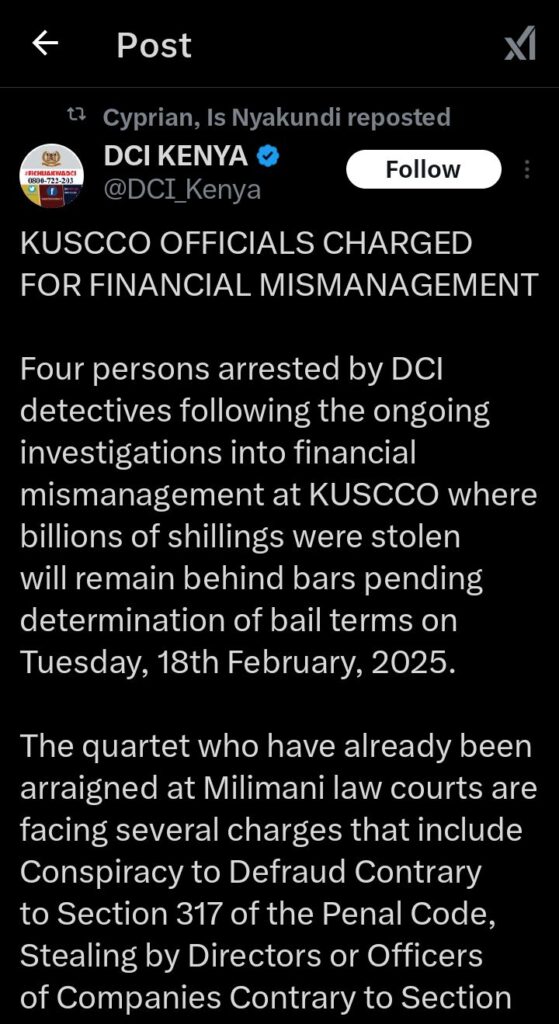
Further investigations reveal that Ototo and Owino received Ksh 107.3 million in advance payments for questionable business deals. On top of this, Ksh 206 million was taken through unexplained withdrawals from KUSCCO’s savings account.
The audit also found that Ksh 1.6 billion in commissions was withdrawn, but only Ksh 1.1 billion was accounted for, leaving Ksh 500 million unaccounted for. These figures paint a picture of a deliberate and calculated scheme to siphon off funds meant to benefit SACCO members.
The fallout from the scandal has been swift, with several KUSCCO officials, including George Magutu and George Owino, being arrested. George Ototo has also been summoned to appear in court.
The damage caused by the scandal has been devastating, not only for KUSCCO but also for the entire cooperative sector in Kenya. Many SACCO members are now unsure if they will ever recover their lost funds, and the incident has severely damaged the reputation of the sector as a whole.
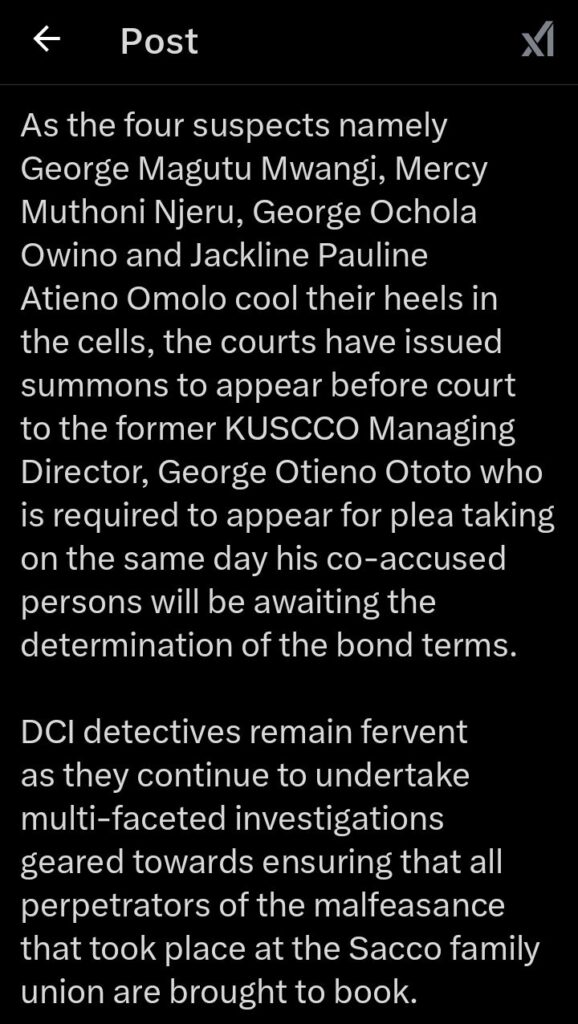
This scandal highlights the deep need for stronger regulatory oversight and accountability within the financial sector. If such a massive fraud could occur in an organization as prominent as KUSCCO, it raises serious concerns about the integrity of other similar institutions.
The cooperative movement, which many Kenyans rely on for financial security, has been left reeling from the scandal, and it is unclear how long it will take to restore public trust.
Ototo’s actions have not only ruined his reputation but also caused irreparable damage to KUSCCO and to the confidence people place in SACCOs. Without proper reforms, this incident could be just the beginning of a wider financial crisis in the cooperative sector.







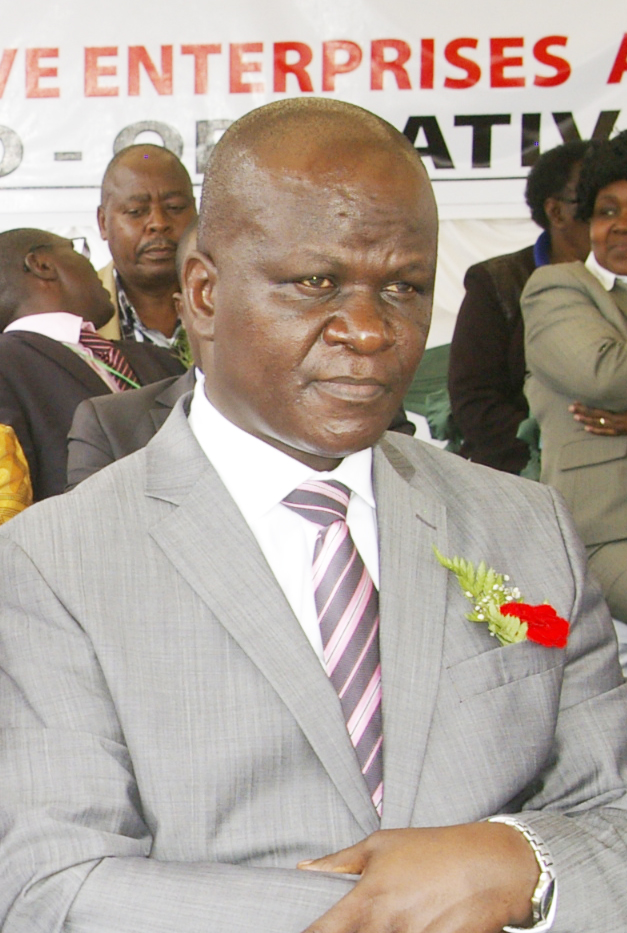


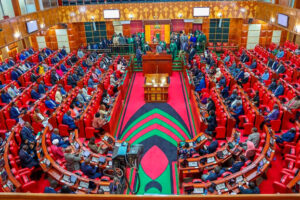


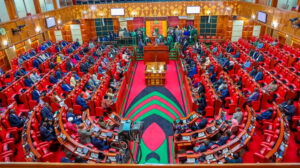


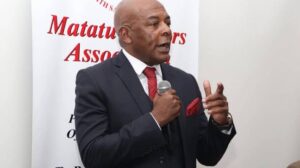



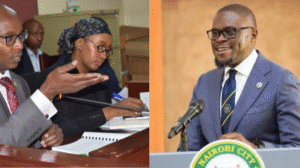
Add Comment